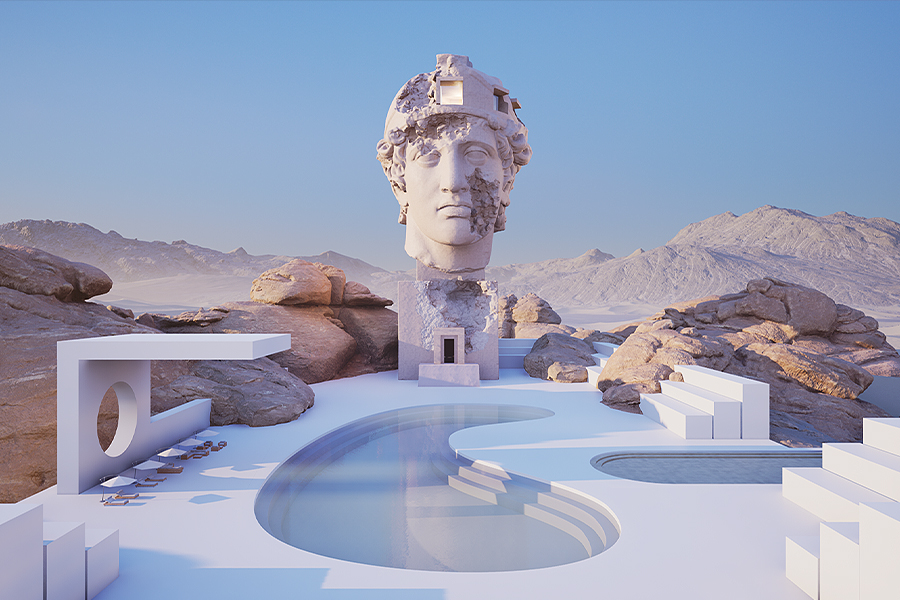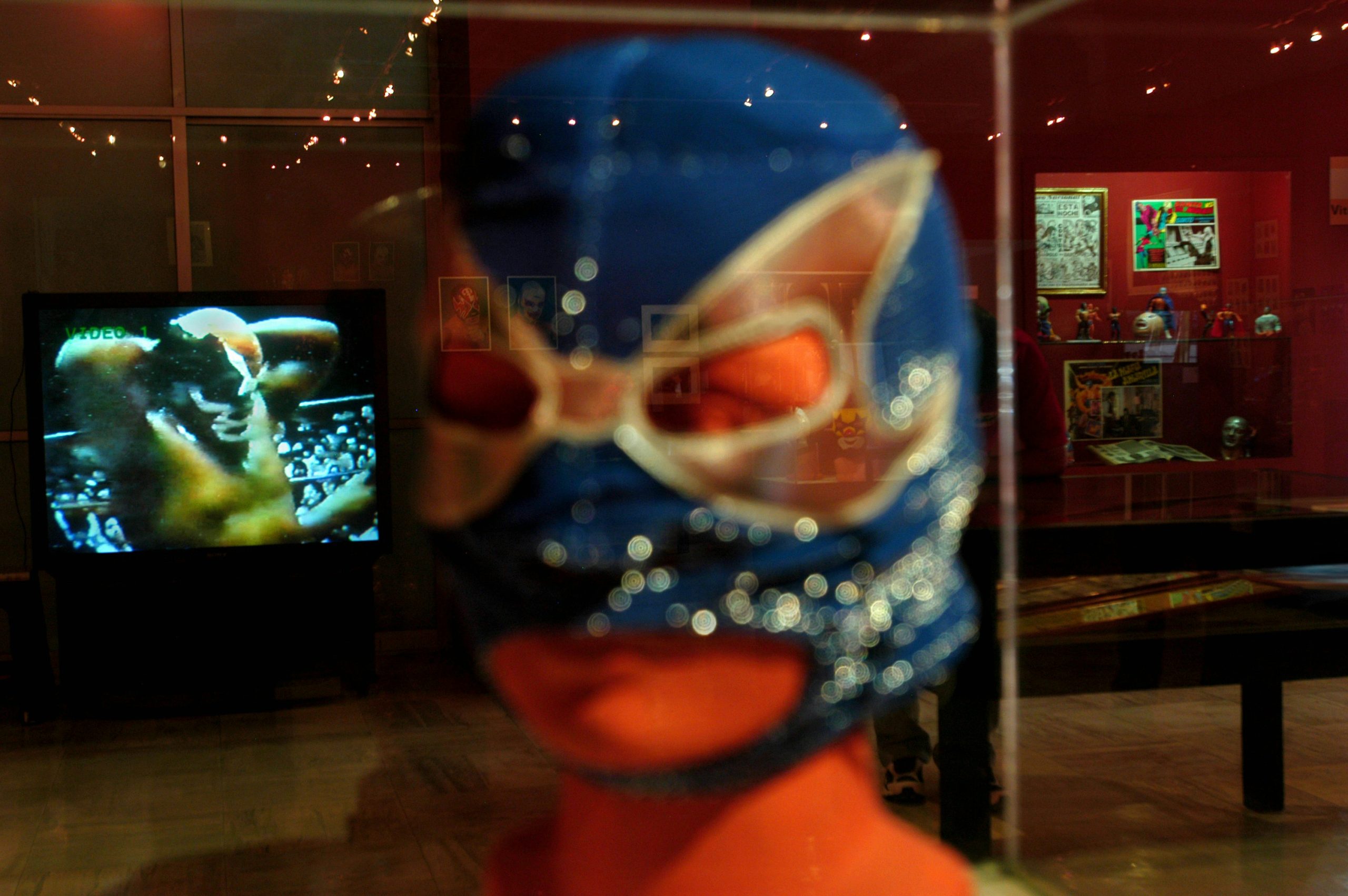At The WXO, we want to connect the dots across the Experience Economy and across the globe – so each week, we’ll be bringing you our round-up of the experiential stories that we think reveal something interesting, relevant or transferrable about the Experience Economy.
Welcome to Experience Radar 46, where we’re getting the lowdown on Netflix’s new Assassin’s Creed mobile game, finding out how much free time we need to be happy, and whizzing down The Land of Legends’ colourful new waterslide.
1. We’re Moving To A ‘Moments’ Economy
Having clocked onto the importance of the Experience Economy early on, incorporating an Experience Desk at its flagship store in Westfield and putting its sales staff through National Theatre training, middle England’s favourite retailer, John Lewis, is hailing the start of a new era. The ‘moments economy’ is less focused on epic, once-a-year experiences like a family holiday or summer festival, but rather on life’s smaller, everyday moments.
As reported by the Financial Times, John Lewis has bold ambitions to become the “world’s first moments-based retailer” as it seeks to find a new retail model that works in our online era. Such an approach aims to recreate the same buzz you get from special occasion experiences on a smaller, more frequent scale – a Champagne feeling on a Prosecco budget. It’s a clever move, driven by a desire to sell people smaller things more often. With the cost of living on the rise, people are curbing their spending, so focusing on affordable luxuries makes sense.
2. Netflix Partners With Ubisoft On Mobile Games
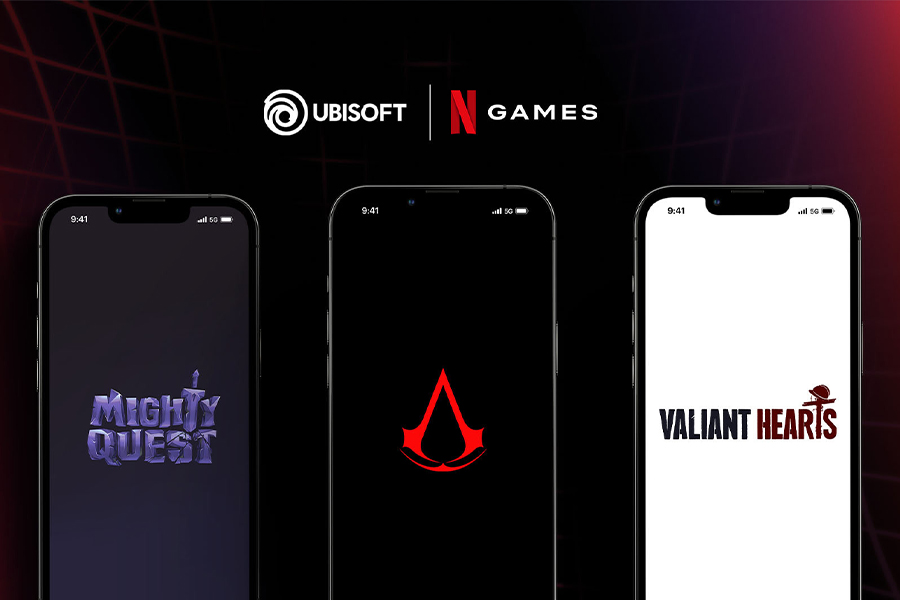
Keen to remain relevant, streaming service Netflix has partnered with Ubisoft on three new mobile games, which will soon be available on the platform. As reported by Comic Book, over the last year Netflix has upped its focus on its gaming content, which its subscribers can access on their smartphones. The games will expand on the Valiant Hearts, Mighty Quest and Assassin’s Creed universes, and will be available exclusively to Netflix members around the world.
Due to launch in January 2023, Valiant Hearts 2 is a sequel to the 2014 story-driven title released by Ubisoft and is being developed by the same core team as the original. Mighty Quest, meanwhile, is described as being a highly playable “hack-and-slash combat game”, while details are currently being kept under wraps of the Assassin’s Creed game, but it is due to coincide with a live-action TV series based on the action-adventure game that’s also in the works at Netflix.
3. Creator Communities Are On The Rise

While NFTs get a bad rap, the rise of Web3 is ushering in an exciting new trend – the emergence of creator communities. As reported by Wunderman Thompson, as people spend more time online, they are gravitating towards communities that reflect their IRL interests, and creators are congregating on online platforms where they can collaborate, share their work and spark off each other. Artists are seeking to stake their claim in decentralized platforms, which is leading to the emergence of new online communities that give creators more control over their work and the space to join forces in the digital realm.
One such hub is The Row, a members-only community made up of architectural designs and NFT landmarks devised by digital creators. Similarly, open-source Web3 creator economy DEIP unveiled its own Metaverse City in June: a collaborative, decentralized virtual space made by creatives, for creatives showcasing a range of art and work in film, science, publishing, music, sport and gaming. Niche, meanwhile, founded by former Tinder, Bumble and Facebook leaders, is a decentralized social media platform comprised of user-owned communities, where members can create, buy and sell their own content.
4. Finding The Free-Time Sweet Spot

In our frenetic world, we all wish we had more hours in the day to dedicate to our passions, but how much free time do we need to be happy? Cassie Holmes, a psychologist and professor at UCLA’s Anderson School of Management, studied the happiness levels of thousands of Americans to find out. As reported by CNBC, the study explored how the quantity of free time per day related to people’s satisfaction levels. The study found that the free-time sweet spot for boosted happiness is 2-5 hours a day – less or more was linked to lower happiness levels.
While being “time poor” makes people depressed, stressed and emotionally exhausted, on the flipside, having an abundance of free hours in the day undermines our sense of purpose. Time perception is subjective, so some people may need more free time per day to feel like they are getting enough ‘me’ time. Holmes says the secret to happiness is moving from a “time poor” to a “time affluent” state, and suggests staying active, practicing acts of kindness and experiencing awe as three ways to feel more time rich with the same amount of free minutes per day. “Feeling awe can expand your perception of time and make you feel less hurried. During moments of awe, nothing feels limiting,” she says.
Want to learn more? Holmes will be hosting a WXO Campfire on 30 November for registered WXO Members.
5. Are You Ready For The Teraverse?
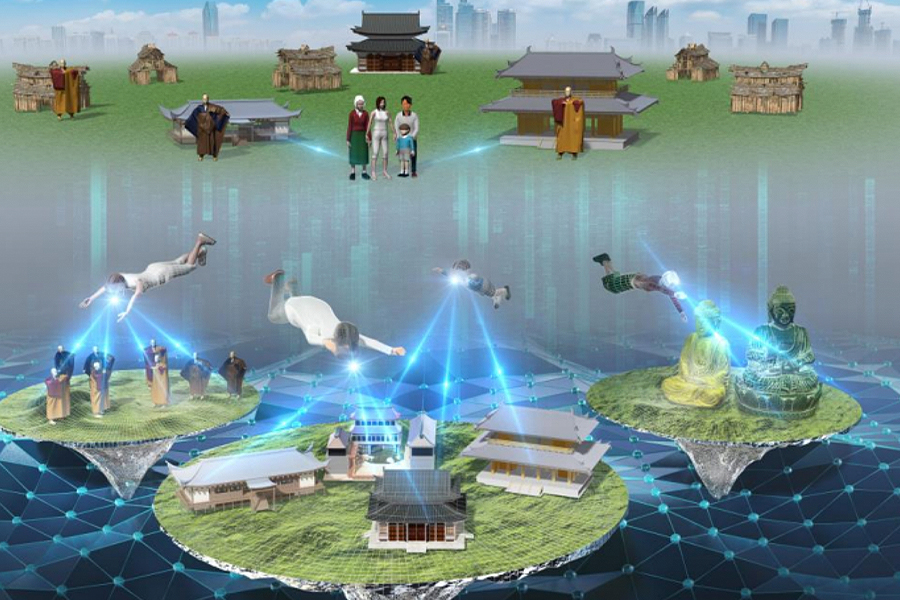
Hoping to bring a sense of calm to the metaverse, Kyoto University’s Institute for the Future of Human Society is busy developing ‘Teraverse’, which will bring Buddhist art, philosophy, ritual and practice to Web3. As reported by Crypto News, named after the Japanese word for temple, the Teraverse will feature temples of all shapes and sizes. Seiji Kumagai, associate professor of Buddhist Studies and Tibetan Studies at Kyoto University, says the online platform will offer “new ways to blend traditional knowledge and science.”
“As an option in today’s diversified society, we hope it can bring understanding and enjoyment to people, creating new vitality and hope, and building a more vibrant society,” Kumagai said, adding, “Buddhist circles face a harsh reality with the income of temples waning, while people’s anxiety and suffering are growing amid the coronavirus pandemic and other crises. We’d like to respond to both challenges by combining traditional wisdom with AI and the metaverse.”
6. Land Of Legends Gets An Arty Makeover
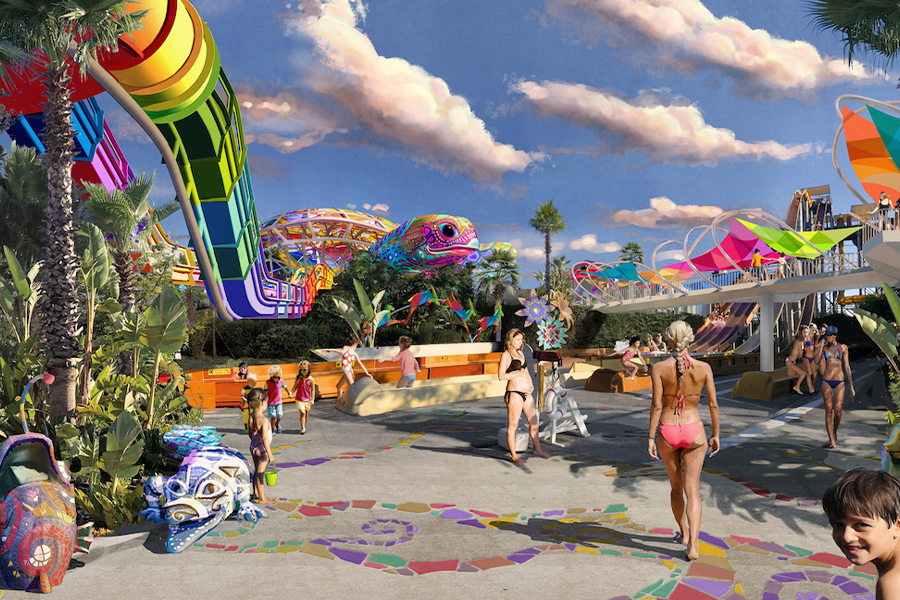
Creative Studio Berlin, the experiential design firm founded by Chris Lange, has made a splash at The Land of Legends in Antalya by introducing contemporary art to the waterpark. As reported by BlooLoop, the aquatic attraction is now home to eye-catching new murals, sculptures and art installations. In collaboration with ProSlide Technology, CSB designed the park’s new 400-metre-long, four-person RocketBLAST water coaster slide in The Land of Legends’ Secret Lagoon area, breathing new life into an unsung area of the park.
“The concept is simple – combine art with a water park. But art is such a personal taste thing, so we carefully designed it in a universal way to appeal to all guests at The Land of Legends. I’m excited to collaborate with ProSlide again. Working with Jeff Janovich and his team makes it very easy to bring our visions to life to make the new, multi-coloured water coaster a connective element throughout the land and part of the art installations,” Lange told BlooLoop.
7. Lunar Experience To Be Recreated On Earth
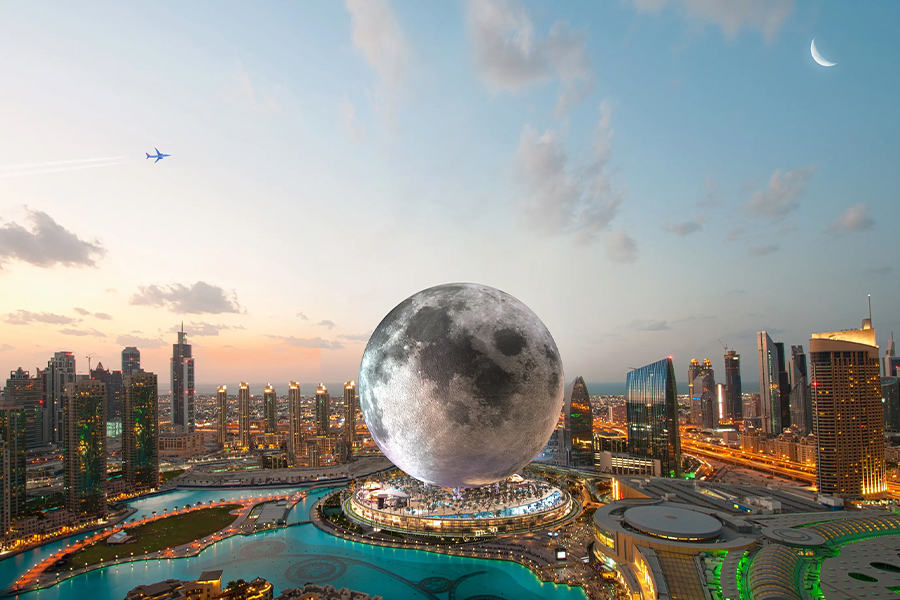
Ever wanted to find out whether the moon is really made of cheese? Well, your wait may soon be over as an ambitious, US$5 billion project is hoping to launch soon that offers visitors a taste of lunar life on Earth. As reported by New Atlas, the project is the brainchild of Moon World Resorts Inc, a Canada-based firm created by entrepreneurs Sandra Matthews and Michael Henderson. Looking like a massive gumball rising out of the ground, at the heart of the attraction is an enormous, 224m-high moon made of concrete, steel and glass.
Inside the giant moon visitors will be able to explore a simulation of the lunar landscape to get an idea of what walking on the moon looks and feels like. The resort will also feature other space-themed attractions, alongside a theatre, spa, hotel and nightclub. The plan is to create four Moon World resorts in North America, Europe, the Middle East/North Africa, and Asia, with Dubai currently the front-runner for the first iteration of the theme park. According to its creators, “Moon will deliver an affordable and authentic space tourism experience and a chance for enthusiasts to actually ‘participate.’”

